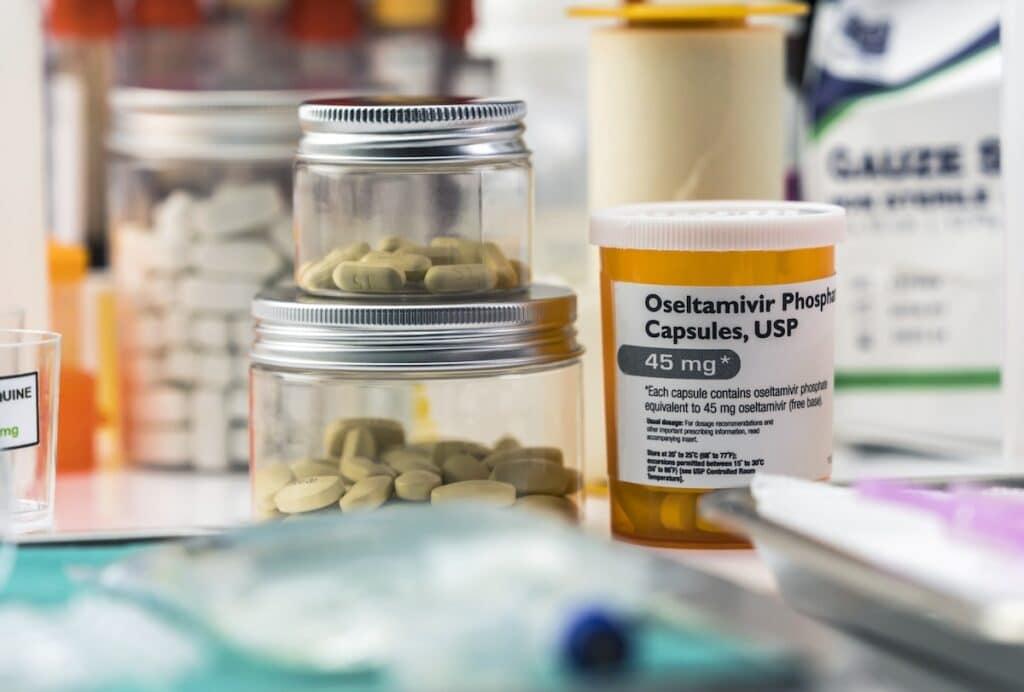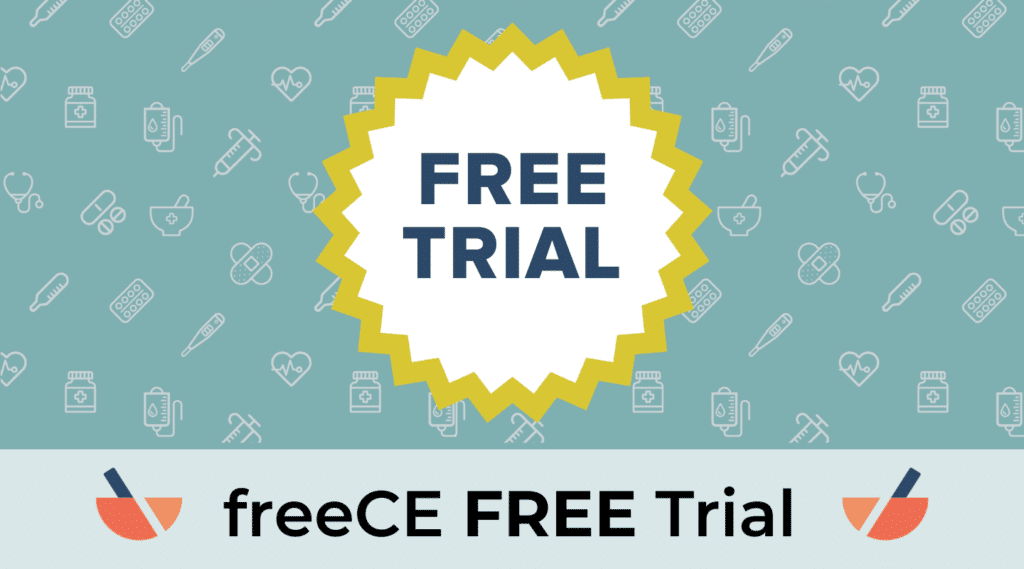As I started my 1st pharmacy intern job at a hospital, one of my roles was to perform medication reconciliation on patients that were being admitted.
At first, it seemed difficult to adjust to the system and perform reconciliations on multiple patients. As I became more comfortable, I found this role unique and very interesting, as it was crucial for patients and providers to be aware of home medications. It wasn’t until my first rotation that I found out many big facilities have special jobs for this role called medication reconciliation technician, sometimes referred to as med techs. With technician’s role evolving in the pharmaceutical field, such as point of care testing and vaccinations, this medication reconciliation job can be a unique role for those looking to expand on their abilities.
In hospitals, many patients are prone to medication errors when getting admitted, as well as on discharge. Some examples of medication errors are duplication of therapy, incorrect dosage, drug interactions, or omissions.
Pharmacy Technician Enhanced Training: Medication History Essentials
Advance your career or move into a new practice area with a specialty pharmacy certificate.
What is medication reconciliation?
“The Joint Commission defines the term “medication reconciliation” as “the process of comparing the medications a patient should be using (and is actually using) to the new medications that are ordered for the patient” in an effort to resolve any discrepancies in therapy.”1
This is a crucial process as it ensures that patient’s medication history is accurate, there are no drug interactions with the newer medications, and the allergy list is updated. It is reported that the most common error found during medication reconciliation is leaving out a home medication. This reconciliation should be performed every time a patient is prescribed medications or at different transitions of care.
Pharmacy technician’s role
A 2010 study compared the accuracy and effectiveness of pharmacy technicians versus nurses in performing medication reconciliation duties such as obtaining the history, verifying with the pharmacy, and documenting it. The results showcased that pharmacy technicians had a more accurate list and better completion rates. The technicians had a better communication rate with the patients, addressing non-adherence as well. In another study, incorporating pharmacy technicians in medication reconciliations reduced error rates by 82%. Pharmacy technicians can do a certain part of the medication reconciliation process. They can obtain the patient’s medication history, verify the medications with the pharmacy, and document the list. This is all done under the pharmacist’s supervision, as the pharmacist must review this list before uploading into the health record. By incorporating pharmacy technicians in this process, it allows the pharmacist time to perform other clinical duties.
Personal tips on medication reconciliation:
I start off with filtering the patient list based on different floor departments in the hospital. I like to complete the list in order and by admission times. Then, I usually go to see if there is any contact protocol listed on file. This way I know whether or not I can go into the patient’s room to ask about the medication history. If there is a contact protocol, I read the notes to see if the patient is able to verbally speak. If not, I usually contact the family members to see if they have a list or I call the pharmacy on file. In most hospitals, there is a dispense history list available on the patient’s electronic record. The nurses usually input the initial at home medications into the record. I print those and verify it with the fill history. I verify the proper medication, dosage, dosage form, instructions, and last fill date. I do this for multiple patients before going into their rooms. Prior to going into a patient’s room, I verify with the nurse if the patient can verbally speak and ensure that there are no multidisciplinary rounds going on. I review my list with the patients, asking them to verify the medications, dose, instructions, and last intake. Then, I note down any discrepancies. At the end, I ask about any allergies on file and confirm with the patient. Also, I ask the name and location of the patient’s primary pharmacy where they get their prescriptions from. Finally, I chart all the data and discrepancies into the electronic record. I repeat the same steps for multiple patients across different hospital departments. The record then goes to the pharmacist to verify and address the discrepancies.
Qualifications
Technicians with strong communication skills, as well as prior work history in both community and hospital settings will be preferred for this role. A technician will start off shadowing and then tagging along with another mentor technician to get hands on experience. Each hospital has its own training program for a medication reconciliation technician role.
Conclusion
Medication reconciliation is a vital component in healthcare. It can help prevent many errors during transitions of care. With the evolving role of pharmacy technicians, this role provides a unique opportunity for technicians to expand their abilities.
PharmCon Free CE
PharmCon freeCE offers a training program entitled, “Medication History Essentials for Pharmacy Technicians”. The 6-module course teaches you various techniques on how to complete a proper medication history for a patient. It is a great series of courses which provides an overview on topics such as medication history vocabulary, medication knowledge, medication history profiles, medication error prevention, and practice. Learners earn 6 hours of CE and a certificate at the end, making it a great way to pick up a new skill! It is available in the link provided below.
Link: https://www.freece.com/courses/medication-history-speciality/
References:
1. Fabiilli NA, Powers MF. Roles for Pharmacy Technicians in Medication Reconciliation During Transitions of Care. J Pharm Technol. 2017;33(1):3-7. doi:10.1177/8755122516680621
2. Medication Reconciliation Technician – ASHP. www.ashp.org. Accessed July 16, 2024. https://www.ashp.org/pharmacy-technicians/about-pharmacy-technicians/advanced-pharmacy-technician-roles/medication-reconciliation-technician
Pharmacy Technician Enhanced Training: Medication History Essentials
Advance your career or move into a new practice area with a specialty pharmacy certificate.






